Article: Phoolon Ki Zubaan Se
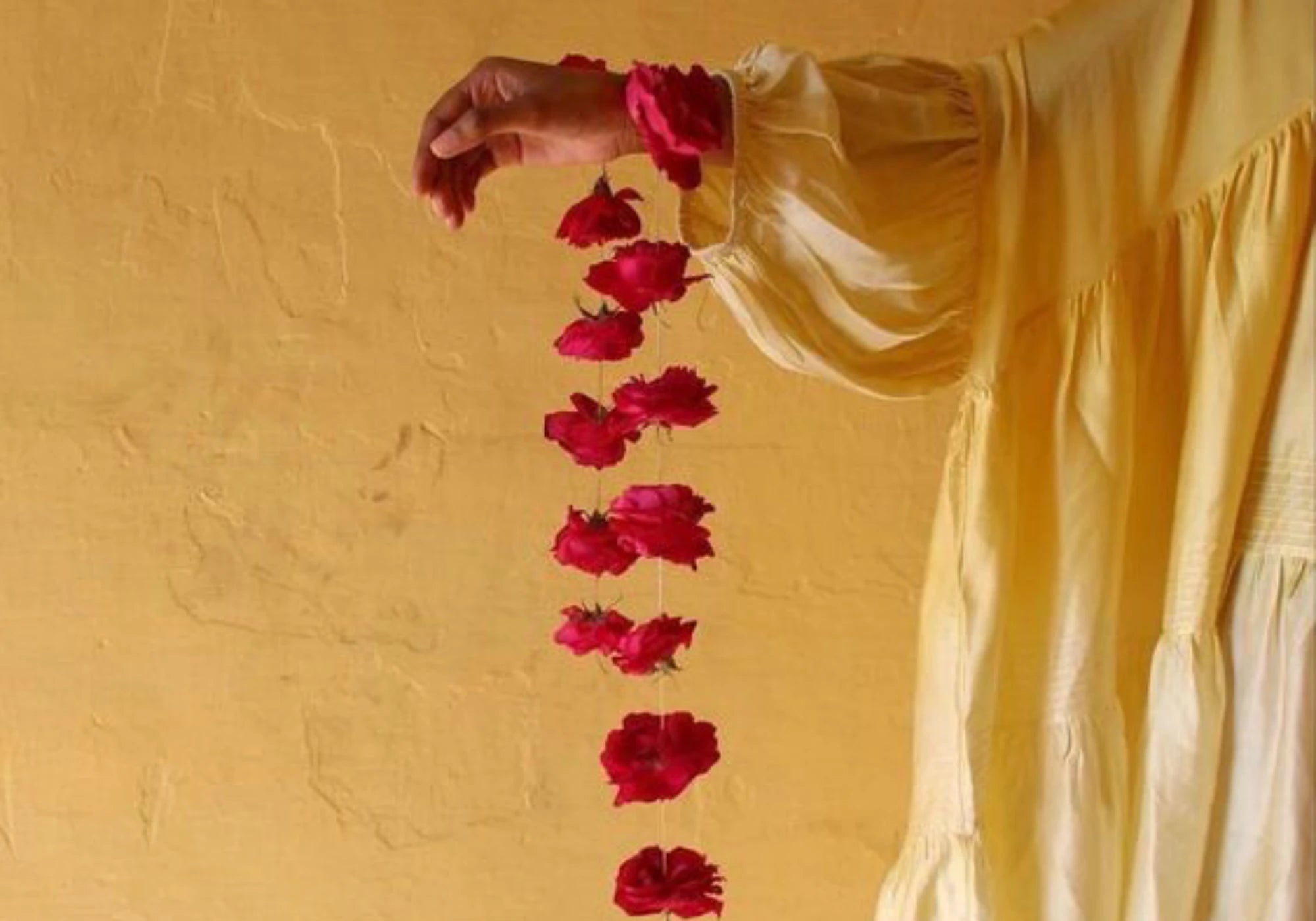
Phoolon Ki Zubaan Se
Once again we speak about flowers at night
The opening verses from this famous ghazal penned by the Deccani poet Makhdoom Mohiuddin for the movie Bazaar (1982) breathe life into the language of flowers. Replete with shy allusions and metaphor, the ghazal is played out on screen by the characters Sarju and Shabnam. Youthful and in love, the couple gently lights up the screen with their innocence and charm. Much like the brief life of flowers, their love story is short lived in the movie and ends in tragedy. And yet it’s essence and power remains with the viewer long after the movie ends. We can say the same of flowers too.

Fleeting in their existence yet robust in their beauty, they ignite all our senses with longing and desire. Perhaps that is why art, poetry and culture rely so heavily on flowers for expression and elegance. Perhaps that is also why we humans use flowers to invite devotion, beauty and romance in our everyday lives.
When I say flowers, I don’t mean the plastic wrapped, fancy installations that have come to signify thoughtfulness and affection now. I refer to untidy garlands of marigold, bunches of tight fisted jasmine wrapped in leaves and heaps of desi gulaab resting outside temples. I feel that flowers convey the most when they are not separated from us for synthetic display, but are allowed to mingle with our very scent and sweat. Think of it like this, what is more intimate - handing someone a bouquet of lilies or tying a gajra on a loved one’s wrist or shyly placing a sehra over someone’s brow in celebration?
Maybe I am given to nostalgia but a well propped, scent less modern rose in bloom has never had the same effect that a simple bunch of rajnigandha blooms tied with a string or a mogre ka gajra wrapped in leaves has had on me. Maybe I like these traditional forms of expression through flowers more because they don’t attempt to mask or prevent decay with flower food and sprays. Instead, they allow life to ebb and flow with delicate petals changing colour from morning to night.

If you have ever worn a garland placed on your neck as a baraati in a north Indian wedding or worn a gajra in your hair at a south Indian ceremony, you have probably held the life cycle of a flower in your palms. I think there is very little as tender or as powerful in nature, as a flower changing shape and colour as it clings to our bodies. There’s a reason why poets, artists and film makers of the ages have chosen to speak through flowers. Flowers sing in the language of passion, loss and longing through simply blooming, decaying and drying up.
When Dubey absent mindedly chews a marigold in the movie Monsoon Wedding (2001), we can taste his desire for Alice on our tongues. When the lead pair in the movie Lawaaris (1981) sings "Kabke bichhde hue ham aaj yahan aake mile, jaise sookhe hue phool kitaabon mei mile" (Separated for so long, we meet here today like dried flowers meet in books), the sadness of all the years lost to them reminds us of all our lost loves. Life, in all its hues, finds new idioms through the language of flowers.
Don’t believe me? Wake up early one morning and make your way to the local flower market as the city sleeps. Leave a bundle of local flowers by your beloved’s pillow for them to find on waking. Go on a date with nothing but a garland as a present. That is how simply my beloved wooed me almost five years ago. On our first date together, he saw me admiring gajras that an old woman was selling in a crowded Khan Market lane. He promptly bought and placed a small bundle in my hands. He holds my heart in his hands to this day.

Go and find flowers where they exist most simply. Your heart will remember the ancient language of flowers. Perhaps you too will hum these closing lines of Mohiuddin’s ghazal:
अब किसे है दिमाग़-ए-तोहमत-ए-इश्क़
कौन सुनता है बात फूलों की
मेरे दिल में सुरूर-ए-सुब्ह-ए-बहार
तेरी आँखों में रात फूलों की
फूल खिलते रहेंगे दुनिया में
रोज़ निकलेगी बात फूलों की
Who can forbear the accusations of love
Who listens to what flowers say
In my heart the intoxication of a spring morning
In your eyes the night of flowers
Flowers will continue blooming in this world
There will be talk of flowers each day
(Writer’s note - The translations from Urdu to English are mine and based more on the sense of what the words convey rather than literal meaning.)
Penned By: Reema Ahmad
Follow Us
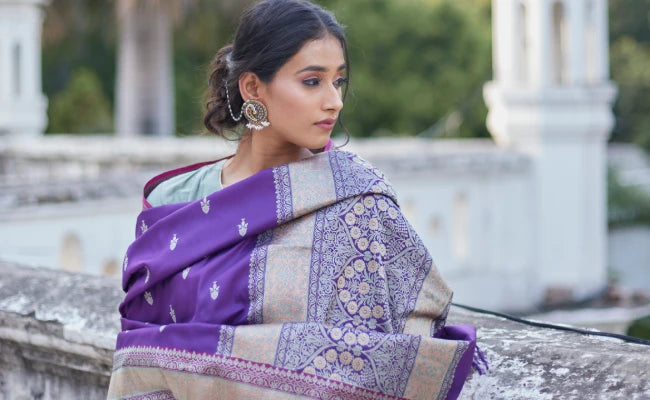
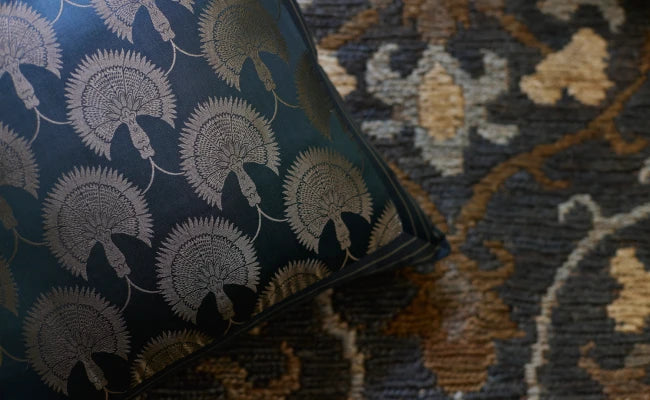
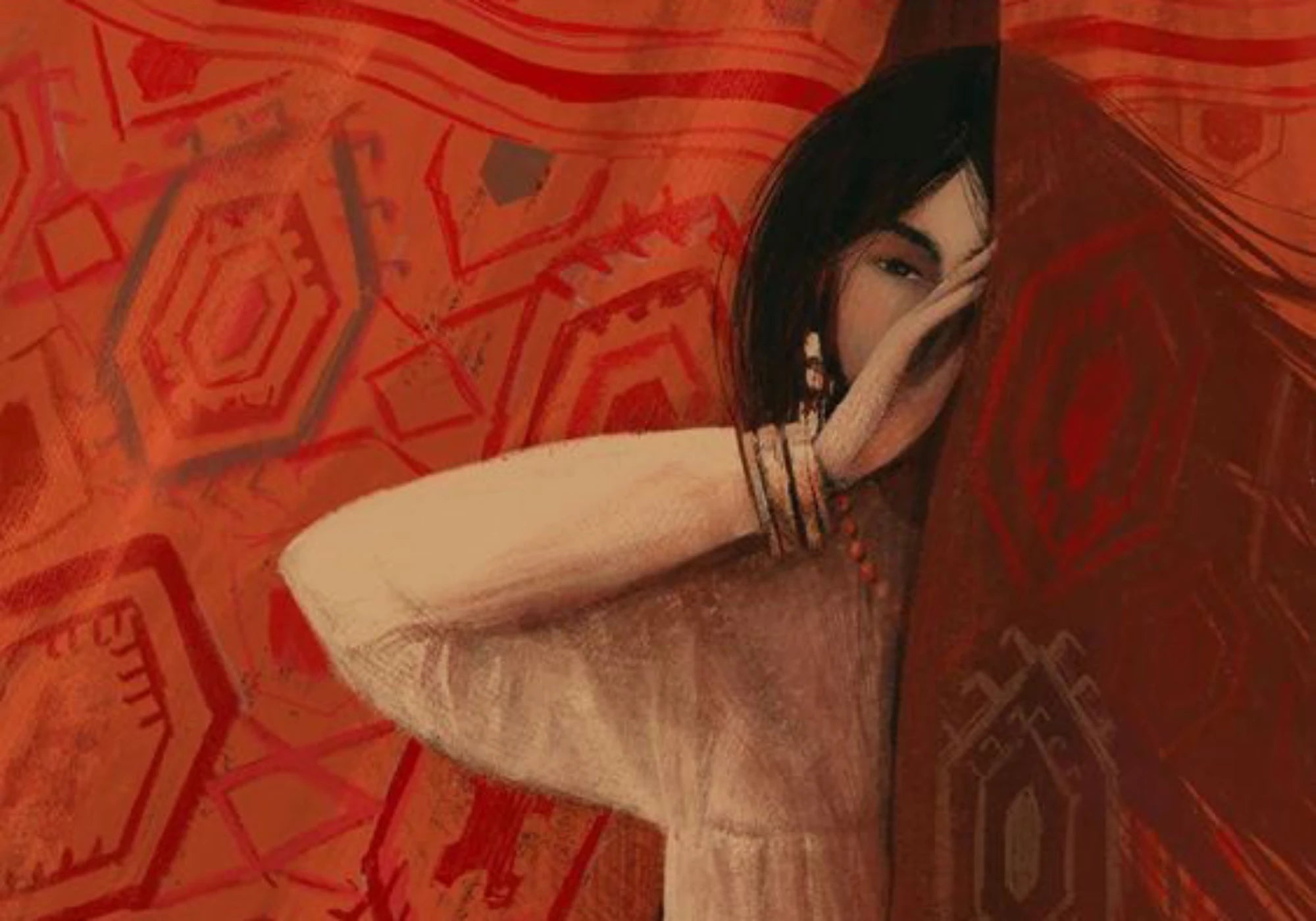
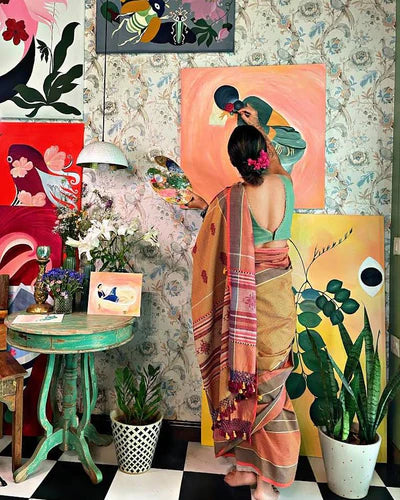

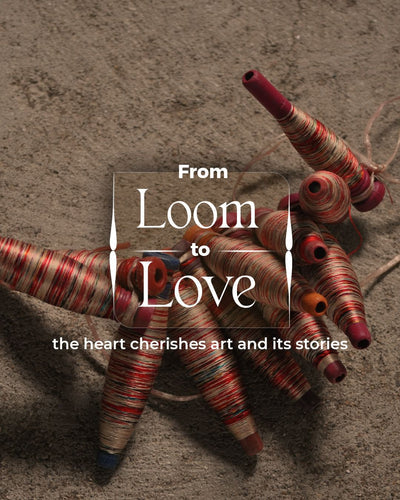

Leave a comment
This site is protected by reCAPTCHA and the Google Privacy Policy and Terms of Service apply.